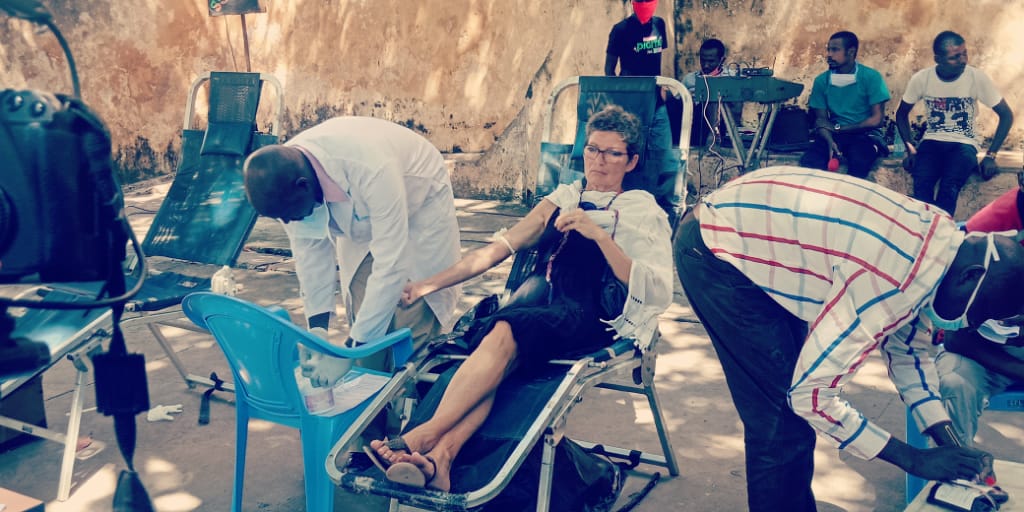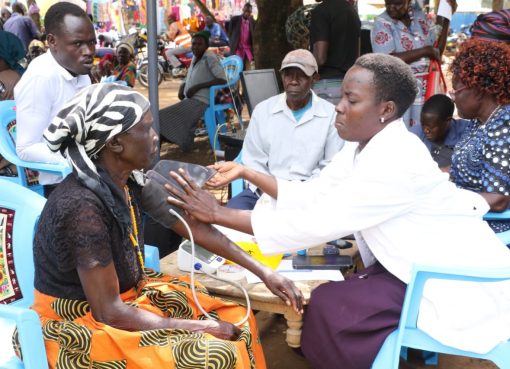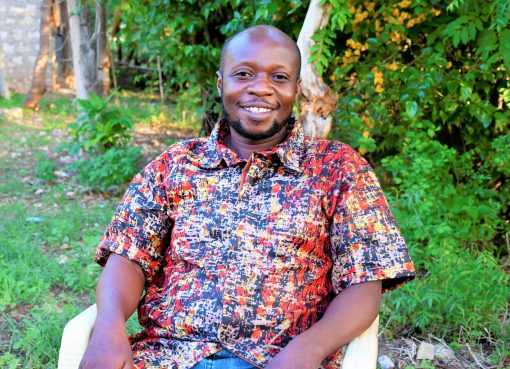The Lamu county government is setting aside Sh 50 million from its annual development budget to build a local blood bank facility.
Governor Fahim Twaha revealed that the county government in formulating its 2020/2021 budget will be setting aside those funds for the blood bank facility to help the county government establish a blood donor database for accessing the much-needed blood in emergency cases.
Speaking to KNA in Mpeketoni during a ground-breaking ceremony for an outpatient facility at Mpeketoni sub-county hospital Tuesday, the governor also said that blood screening equipment has already been factored into the budget of the next financial year
He acknowledged that presently Lamu County does not have blood testing equipment, which forces the county to take donor blood to Kilifi or Mombasa counties.
“The turnaround time and expense that our health care services have to contend with regarding blood screening and testing on donor blood informed the need for the county to invest in a blood bank facility,” Twaha stated.
He said that the blood bank facility will aid in improving the county’s donor blood capacity for storage as well as address incessant blood shortages in cases of emergency.
He also noted that there is still a lack of awareness over the need for more donor blood among residents and stated that the county government will continue to do more donor blood awareness drives to ensure the county is blood secure.
The same sentiments were echoed by Lamu Health County Executive Dr. Anne Gathoni who further revealed that in addition to the Sh50 million being set aside by the county government to build a centralized blood bank facility in the county, the World Bank is funding the project to the tune of Sh30 million.
“In order for the county to be blood secure we need to receive at least 250 pints of donor blood per month, have local blood bank and screening facility that functions full time,” she stated.
She also acknowledged that the county is facing serious blood harvesting challenges due to the Covid-19 crisis.
“We usually carry out donor blood drives in schools and colleges however since they closed, we as the county are only able to blood harvest between 50-80 pints of blood per month,” Dr. Gathoni stated.
She also stated that the local blood screening facility once up and running, will save the county government money used in ferrying donor blood for testing at the National Blood Transfer service facility in Mombasa, which she added is usually prone to breakdowns due to overstretched services.
By Amenya Ochieng





